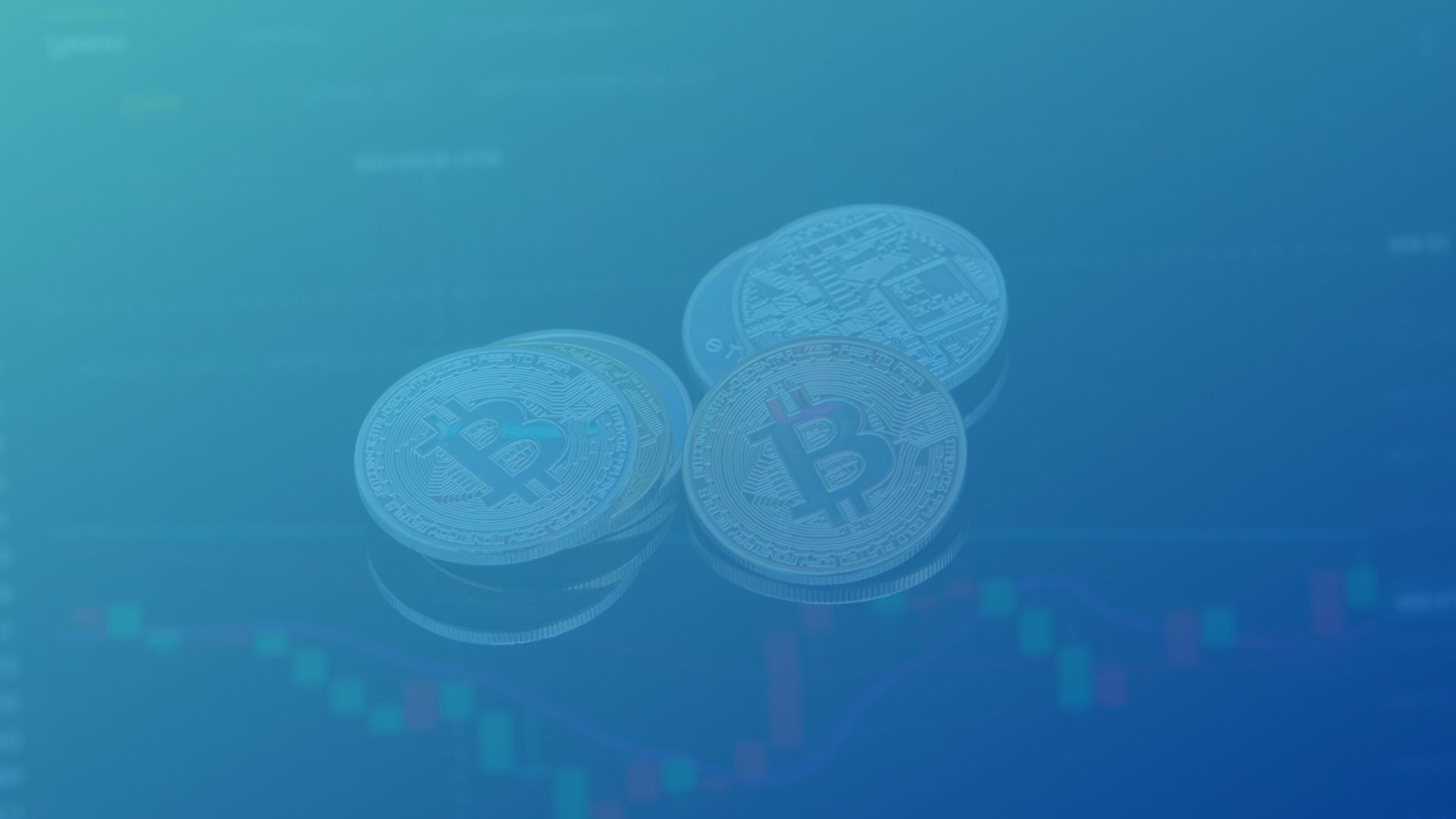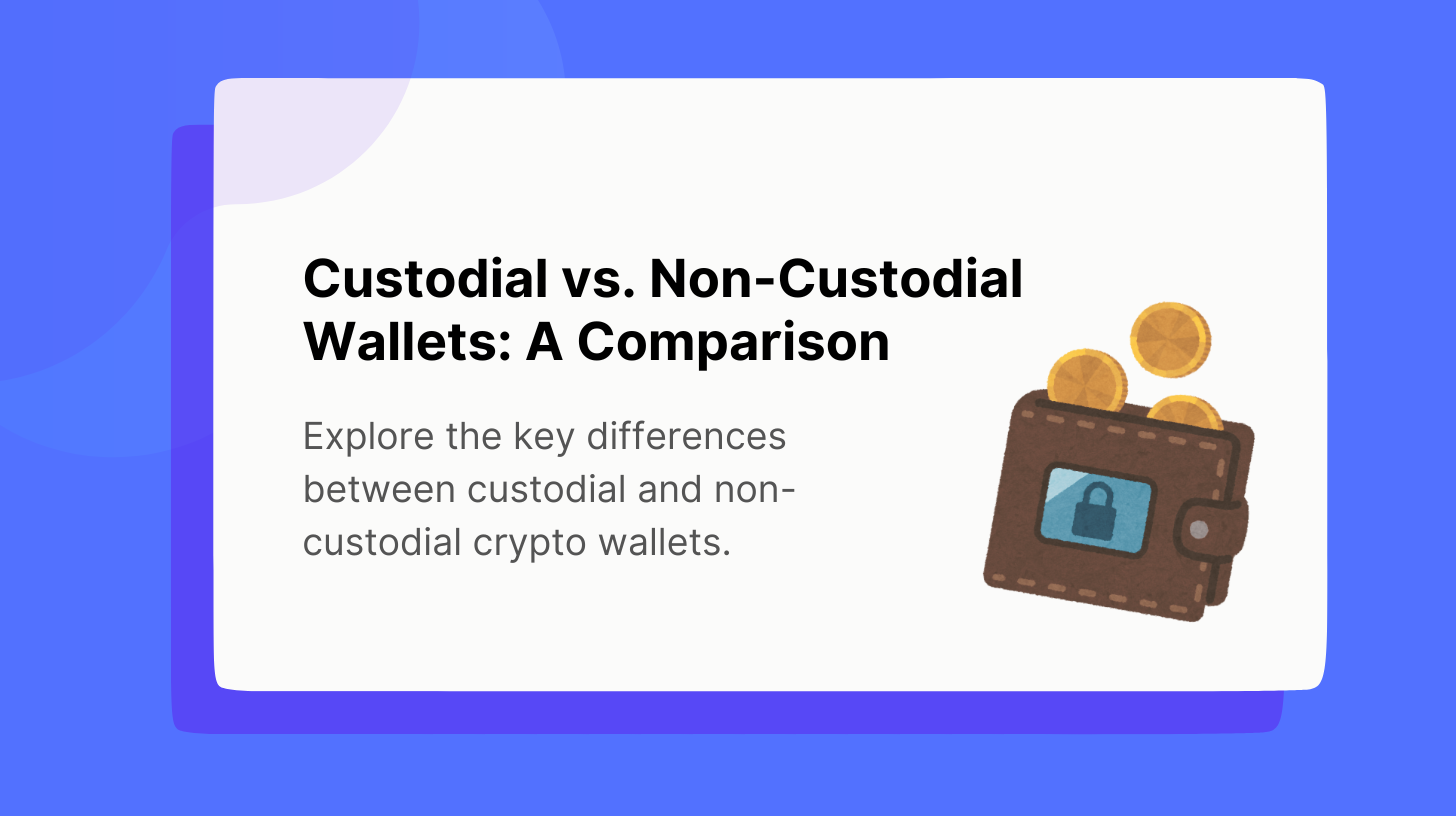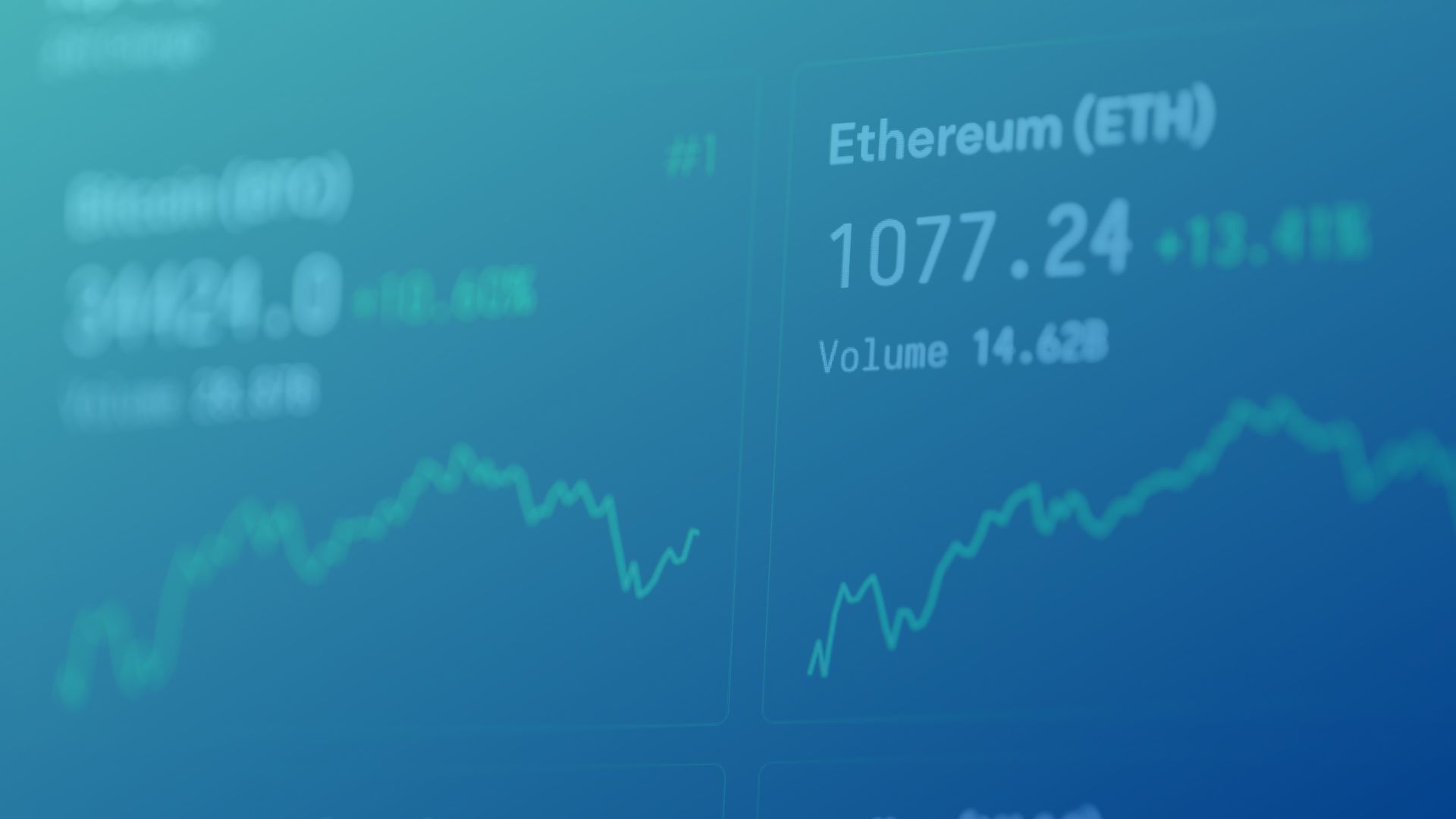There has been a lot of talk about centralized finance (CeFi) in the crypto world lately. This a good option for investors who don’t have the technical skills or time to invest in cryptocurrencies themselves.
Before investing in this type of investment, potential investors should know some risks. Here are some details about CeFi and its risks.
CeFi – what is it?
Centralized finance (CeFi) involves third-party services such as banks, exchanges, and online brokers to buy, sell, and trade cryptocurrency assets. With CeFi, investors can access markets without purchasing digital assets directly from miners.
The risks involved
Despite its efforts to facilitate the development of cryptocurrencies through easy-to-use interfaces, centralized finance poses some risks. Here is a list of these risks:
- The assets of the client can be controlled,
- Withdrawals can be stopped,
- The regulatory risk,
- Bank-run risk.
Counterparty risk is one of the biggest risks associated with CeFi investments. Your funds could be lost if something goes wrong with a third party involved in your transaction, like an exchange being hacked.
In addition, since centralized companies run most CeFi services, they may not provide the same level of privacy as DeFi services. Moreover, these companies may close unexpectedly due to regulatory changes or internal issues, leaving you unable to access your funds until they reopen.
In addition, since most CeFi platforms require users to give up control over their private keys to use their services, it may be difficult or impossible for individuals to recover lost funds.
How do CeFi and DeFi compare?
The term decentralized finance (DeFi) refers to a category of financial services built on the blockchain. Unlike centralized finance in crypto, which relies on centralized authorities to manage and store funds, DeFi uses protocols and algorithms to manage funds.
Furthermore, DeFi eliminates many of the costs associated with traditional financial systems such as wire transfers and currency exchanges. By contrast, centralized crypto finance relies on trusting a central authority with users’ assets, which may pose a security risk since trust-based systems are vulnerable to hacks.
Both decentralized and centralized finance have their advantages and disadvantages, and which one is more suitable depends on the user’s needs – from security requirements to cost considerations.
Learn more: DeFi vs. CeFi
Final thoughts
In general, investing in cryptocurrency via CeFi comes with its own share of risks that every investor should be aware of before diving in.
By using reputable third-party providers like banks and exchanges and managing your private keys securely, you can mitigate these risks. Before investing in cryptocurrency, investors need to understand the potential pitfalls so they can decide how best to protect their capital against losses caused by unforeseen circumstances or malicious actors so that they can make informed decisions.
Make sure you thoroughly research each provider before investing and understand all the risks involved so that your crypto investments remain safe and secure while allowing you to access potentially lucrative markets.





